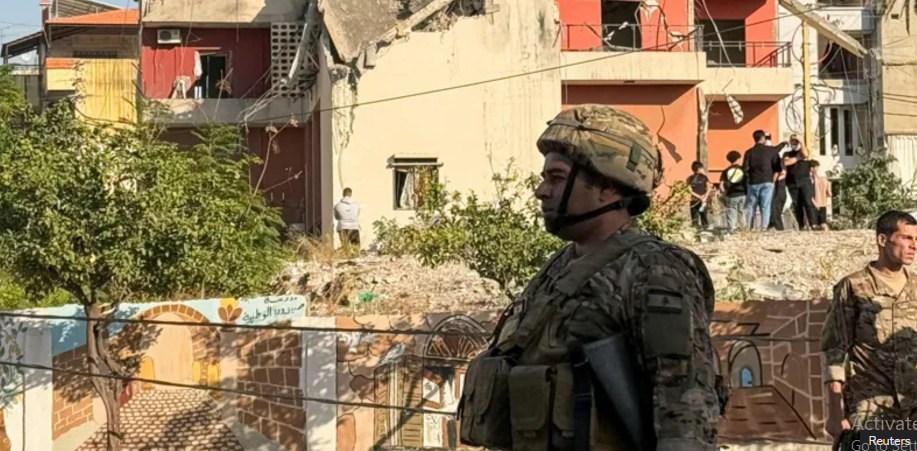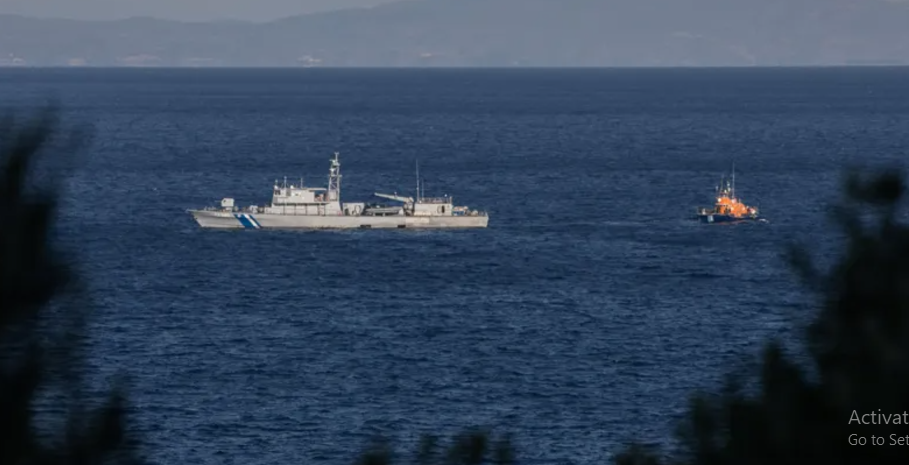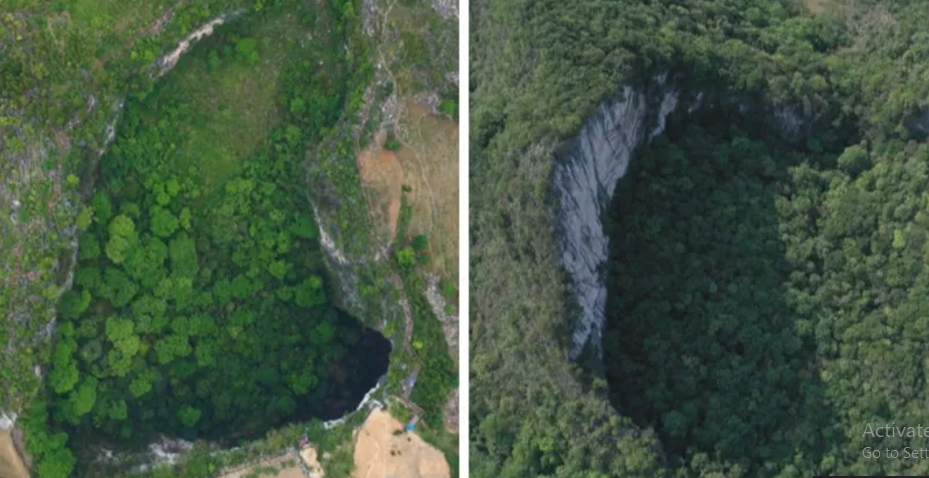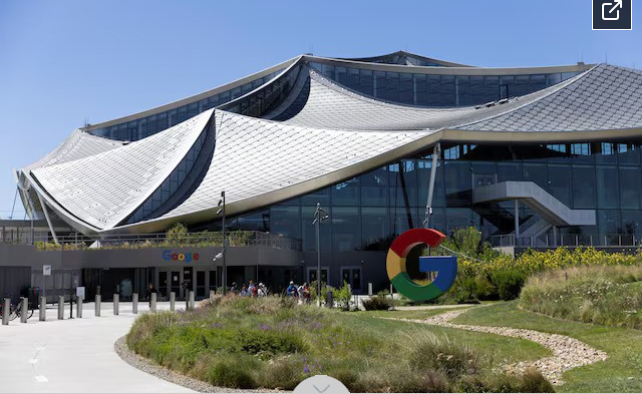The Lebanese army would be expected to increase its presence in the ceasefire zone

Israel and Lebanon are reportedly close to finalizing a 60-day ceasefire aimed at ending the hostilities between Israeli forces and Hezbollah, the Iranian-backed Lebanese militia. Israeli officials confirm that their cabinet will meet on Tuesday to discuss the proposal. The agreement includes the withdrawal of Israeli forces from southern Lebanon and the removal of Hezbollah’s presence in the region, alongside an increased deployment of the Lebanese Army in these areas.
Despite these developments, fighting has intensified, with Sunday witnessing Hezbollah launching approximately 250 projectiles into Israel, most of which were intercepted. In response, the Israeli Air Force conducted airstrikes targeting suspected Hezbollah positions and weapons depots, including in Beirut. This surge in violence comes as both sides negotiate final details, reflecting the adage that “the darkest hour is before the dawn.”
A major sticking point has been Israel’s insistence on the right to re-enter Lebanon if Hezbollah is perceived as regrouping south of the Litani River or preparing for future attacks. This demand has faced opposition from both Hezbollah and the Lebanese government. However, US envoy Amos Hochstein, mediating between the parties, has pressed for urgency, with reports indicating that concerns over monitoring and enforcement have largely been resolved. A five-nation committee chaired by the US and including France will oversee the truce.
Domestically, the ceasefire faces resistance within Israel, particularly from hardline politicians like National Security Minister Itamar Ben Gvir, who has called the deal a “grave mistake” and urged the government to use the current momentum to decisively weaken Hezbollah. On the Lebanese side, officials stress that any deal must adhere to United Nations Security Council Resolution 1701, which mandates the withdrawal of Hezbollah fighters from areas near the Israeli border and restricts Israeli military overflights in Lebanese airspace.
The conflict, which began in late September, has taken a devastating toll. In Lebanon, more than 3,750 people have been killed, 15,600 injured, and over one million displaced, according to Lebanese authorities. Meanwhile, northern Israel has seen extensive displacement, with around 60,000 residents forced from their homes due to Hezbollah’s attacks. As talks progress, hopes for peace remain tempered by the region’s history of fragile truces and unresolved tensions.















